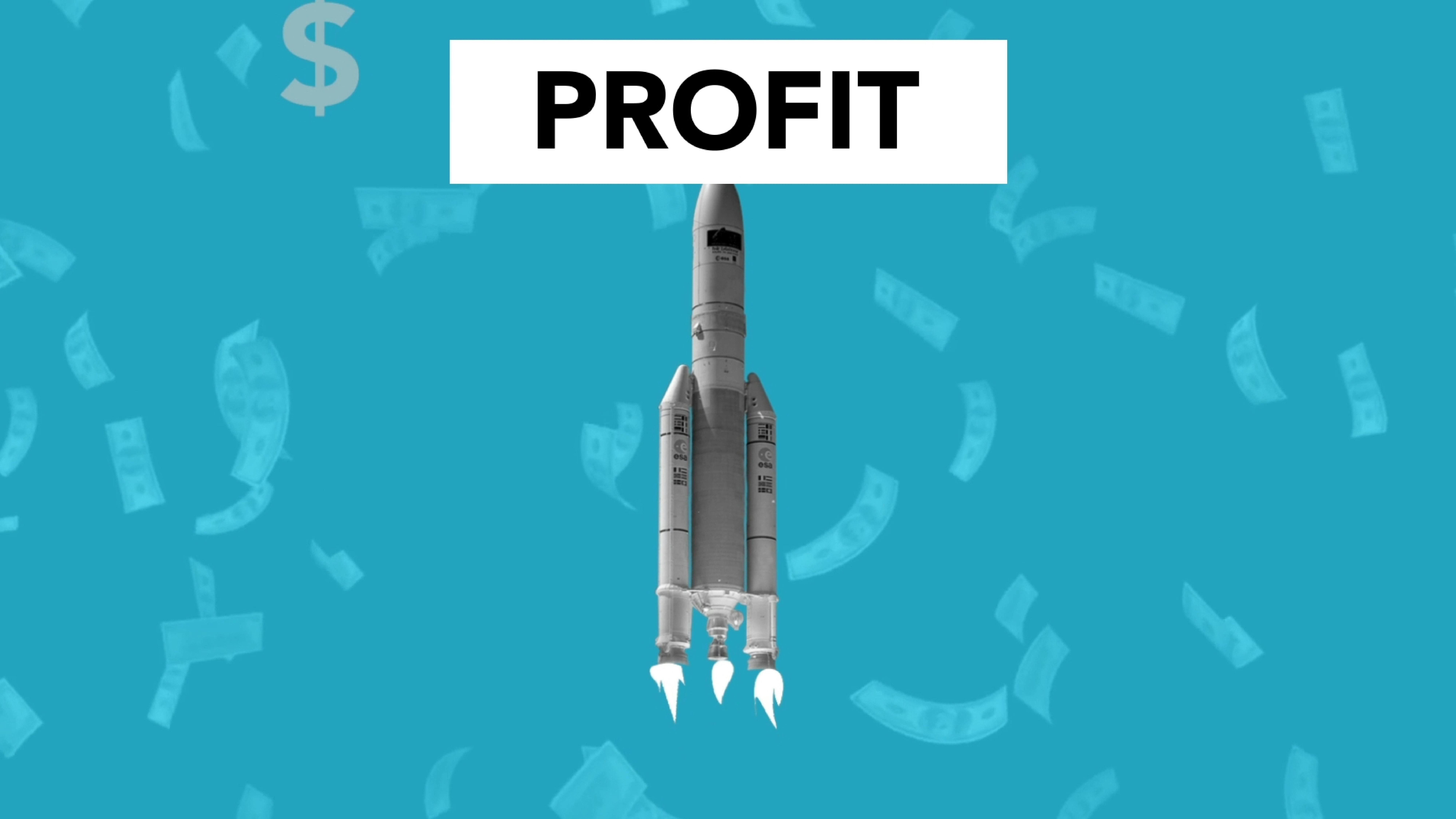In 2025, location-based searches are no longer optional for resellers—they’re essential. Nearly half of all Google queries now have local intent, and if your business isn’t popping up on those maps and “near me” searches, you’re losing customers to competitors who’ve mastered the game. (questlinemedia.com)
Here’s the deal: modern buyers don’t just want to find you—they want you now. Three in four locals who search on their phones visit a physical store within a day. (questlinemedia.com) Over half expect to buy something within an hour. (en.wikipedia.org) If your SEO strategy still lives in 2019, it’s time to catch up.
The Stats That Tell the Story
Before diving into tricks, let’s zoom out and look at the numbers shaping 2025’s local search landscape:
- Mobile Dominance: 76% of folks who search locally on a phone end up stepping into a real store within 24 hours. Your website, Google listing, and content need to convince them yours is the one to visit. (questlinemedia.com)
- Proximity Bias: 69% of consumers expect businesses to be within 5 miles of their location. If you run a reselling shop in Phoenix and someone in Tucson searches, you’re likely not on their radar unless you’ve optimized aggressively. (en.wikipedia.org)
- Reviews as Currency: 91% of shoppers read reviews before picking a business. Two out of three will skip places rated below 3 stars. (brightlocal.com) Want to fail at local search? Ignore your five-star Yelp profile.
- AI Tools Take Center Stage: 92% of local SEO pros are tinkering with AI tools like ChatGPT. Why? They automate grunt work (keyword research, content ideas) and unlock insights about hyperlocal trends. (backlinko.com)
Let’s break down how resellers can master these trends.
1. Google Business Profile: Your Local SEO Business Card
Your Google Business Profile (GBP) is the free billboard that decides whether you’ll show up in local packs, maps, and Google’s “three-pack” results. A complete, optimized profile? It’s like having a coupon for a 2.7x boost in credibility. (questlinemedia.com)
How to Nail It:
- Lock in your NAP: Name, address, phone number must match what’s on your website. Inconsistent details confuse Google—and customers.
- Snap Like a Pro: Use high res photos of your storefront, inventory, and team. Reseller? Share lifestyle shots of products in action.
- Post Regularly: Google notices updates. Promote seasonal sales (“Winter Clearance: 50% Off All Lamps in Denver!”) or behind-the-scenes tidbits.
- Categories are Gold: Don’t just pick “Reseller.” Add hyperlocal tags like “Vintage Furniture Reseller in Miami.”
Pro Tip: Answer FAQs on your GBP. When a shopper asks, “Do you accept trade-ins?” respond highlight how you accept trade-ins for electronics in your Chicago location – extra points.
2. Mobile-First Mindset: If You’re Not Mobile, You’re Gone
Seven out of ten websites are now mobile-friendly, thanks to advancements in frameworks like React and improved CMS tools. But “mobile-friendly” isn’t enough. Google asthma for page speed, intuitive menus, and tap-friendly buttons. (rgcdigitalmarketing.com.au)
I learned this the hard way. A client in 2023 ran a boutique selling handmade candles. Their desktop site looked artsy but choked on mobile. After rebuilding with a responsive theme and adding click-to-call buttons, local bookings shot up 45%.
Mobile Must-Haves:
- Page Load Under 3 Seconds: Slow sites lose 53% of users. Research shows slow sites lose users.
- Geo-Targeted Landing Pages: If you service multiple cities, create unique pages for each. Example: “Vintage Leather Jackets in Los Angeles – Handpicked by NYC Designers.”
- Schema Markup for Local: Embedding “local business” schema tells Google you’re a reseller in Austin—not just a reseller.
3. Reviews: They’re Not Just Fluff Anymore
When a buyer searches “best reseller in Austin,” Google’s algorithm isn’t just looking at keywords—it’s judging your reputation. 88% of shoppers read reviews before picking a spot. (brightlocal.com)
Encourage Genuinely:
- Automate Smartly: Use tools like ReviewIgniter or simply ask after a purchase. “Hey, love that vintage chandelier? Can you share your experience online?”
- Reward Feedback (Ethically): Offer a 10% off future purchase for reviews. Just never offer gift cards for positive ones—that’s against platforms like Google’s guidelines.
- Respond to All: A negative review? Apologize, offer solutions, and take the conversation offline. It shows you care—and Google notices.
I once advised a thrift store client to shoot a one-minute video asking loyal customers for reviews. They got a 20% increase within two weeks.
4. Local Content: Write for the Corner, Not the Crowd
Generic blog posts about “top reselling trends” won’t move the needle. Instead, create content that nails a specific location.
Examples to Steal:
- City Guides: “Where to Find Pre-Owned Designer Bags in Chicago.”
- Event Tie-Ins: Partner with a local charity auction and blog about it (“Helping Austin’s Homeless While Snagging Unique Pieces”).
- YouTube Location Tags: Film haul videos and add keywords like “Denver secondhand shoes.”
Use tools like Ahrefs or AnswerThePublic to find hyperlocal queries. You’ll spot terms like “vintage furniture resale [city]” or “local reselling pop-up sales.”
5. AI Tools: The Local SEO Game-Changer
Back in 2020, local SEO was guesswork. Now, AI tools dissect massive datasets to find trends. 92% of experts use AI for tasks like competitor gap analysis and crafting keyword-optimized meta descriptions. (backlinko.com)
Actionable AI Ideas:
- Keyword Research: Plug a competitor’s website into Frase or Surfer SEO. They’ll reveal high-traffic local keywords you’re missing (e.g., “discount designer purses in San Diego”).
- Content Generation: Need to write 20 location-based blog posts? Let ChatGPT draft outlines, then edit with your brand voice.
- Performance Analysis: Tools like BrightLocal track citations, reviews, and search rankings across cities—saving hours weekly.
Pro Tip: Create a spreadsheet of your service area cities. For each, use AI to generate five content headlines (“Top 5 Vintage Electro-Acoustic Guitars in Portland”) and assign to your content team.
Putting It All Together: A Real-World Example
Let’s say you run a vintage clothing resale business in Denver. Here’s how you could apply these strategies:
- GBP Optimization: List categories like “Vintage Clothing Boutique in Denver.” Post monthly hauls with tags like “Denver Denim Jacket Deals.”
- Mobile Strategy: Target “vintage clothes Denver Colorado” in landing page headers. Add a “Schedule a Shopping Appointment” button.
- Reviews: Offer a free hat to the first 25 customers who leave a Google review this month.
- Local Content: Publish a blog, “Denver’s 7 Best Thrift Stores: 2025 Edition,” linking to your own store.
- AI Tools: Use Jasper to rewrite your product descriptions with keywords like “recycled leather jackets Denver.”
By addressing each pillar—profile, mobile setup, reviews, content, and AI—you’ll dominate searches like “best vintage reseller in Denver” and keep customers coming in the door.
Final Thoughts
2025’s local search landscape rewards businesses that blend human connection with tech-savvy strategies. You can’t ignore mobile optimization or reviews—they’ve gone from “nice-to-have” to dealbreakers. But by leaning into tools that automate the boring stuff (like AI) and focusing on hyperlocal experiences (like event-driven content), resellers will turn “near me” searches into loyal customers.
The road to ranking high for location-based keywords isn’t simple—but it’s straightforward. Do the work, stay consistent, and watch as those foot traffic numbers climb.



